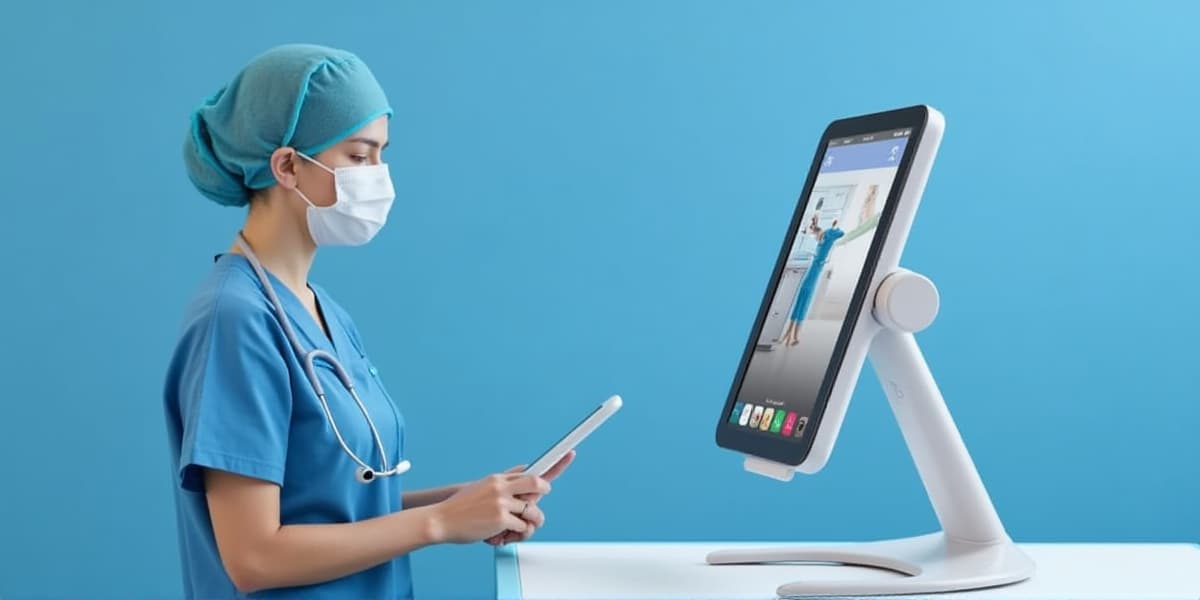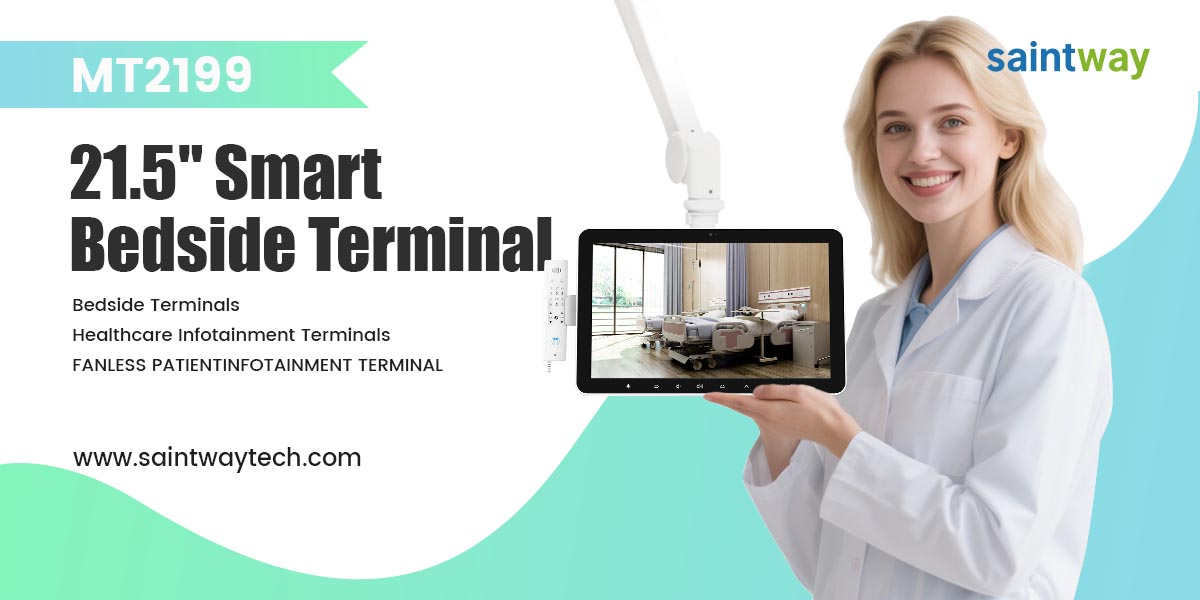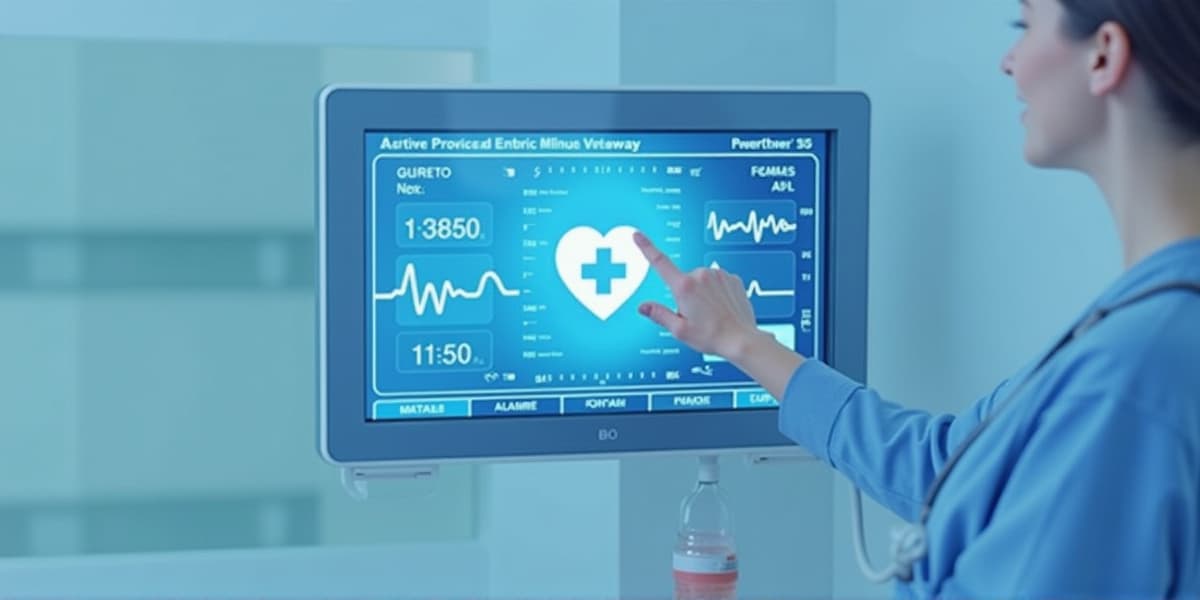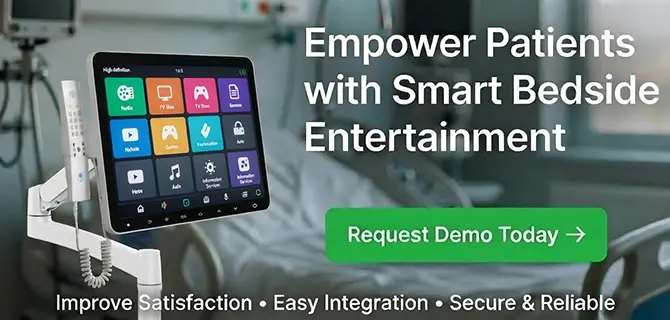Let’s face it — hospitals today aren’t what they used to be. From remote diagnostics to AI-powered patient monitoring, technology is at the heart of modern medicine. One silent but powerful player in this transformation? Medical touch displays. Whether it’s at the patient’s bedside or in the surgical suite, these screens help doctors, nurses, and staff access and act on vital information in real time.
But not all touchscreens are created equal — and in healthcare, there’s no room for error. So let’s dive into the top 10 medical touch displays that combine performance, hygiene, and usability.

What Makes a Medical Touch Display “Healthcare-Ready”?
Medical Certifications to Look For
A top-tier medical display isn’t just a regular monitor in scrubs. It must meet certifications like EN60601-1, UL60601-1, and IEC 60601, ensuring safety in clinical environments. If it doesn’t have these, it shouldn’t be anywhere near a patient.
Hygiene and Antimicrobial Coatings
Ever heard of antimicrobial glass? This isn’t just a buzzword. It’s a literal life-saver. These coatings reduce bacteria on frequently touched surfaces — ideal for shared devices in high-contact zones like ERs and ICUs.
IP Ratings and Water Resistance
Accidental spills? Routine disinfections? A medical-grade IP65+ touch display laughs in the face of both. This ensures screens can withstand cleaning agents without compromising performance.
Glove-Friendly Multi-Touch Technology
Latex, nitrile, vinyl — medical pros wear all kinds of gloves. Displays should still work like magic, no matter the layer in between.
Key Features to Consider Before Buying
Display Brightness and Resolution
Medical imaging demands crystal clarity. Look for Full HD or 4K displays with high brightness (at least 300 nits) for environments like ORs and sunlit hospital rooms.
Compatibility with EMR/EHR Systems
Want seamless integration with software like Epic or Cerner? You need EMR-compatible medical touch displays with smooth Windows or Linux support.
Power Efficiency and Fanless Design
Quiet, energy-efficient, and dust-free. Fanless design helps maintain sterility while reducing mechanical failure.
Mounting Options and Port Flexibility
Need to mount on a cart? Or perhaps on a wall near the patient? VESA-compatible mounts and multiple I/O ports (HDMI, USB, COM) make installations hassle-free.

Top 10 Medical Touch Displays for 2025
1. Advantech POC-624
- Display: 23.8” Full HD
- Touch Tech: Projected Capacitive
- Certifications: EN60601-1
- Special Feature: Antibacterial housing
- Use Case: EMR workstation, ICU bedside
2. Cybernet iOne-MR20
- Display: 20.1” with Gorilla Glass
- Features: Fanless, sealed ports
- USP: MRI-room ready
3. Wincomm WMP-24M
- Touch: PCAP with glove support
- Connectivity: Wi-Fi, Bluetooth, Dual LAN
- Highlight: Ideal for mobile medical carts
4. Teguar TME-5010-24
- Use Case: Operating rooms
- Perks: Ultra-bright 1000 nits screen
- Design: Completely sealed edge-to-edge glass
5. Onyx Venus Series
- Cool Feature: Swappable SSD for secure data
- Form Factor: Sleek, modular
- Best For: Telehealth workstations
6. Avalue HID-2334
- Touch Type: 10-point multi-touch
- Mounting: VESA + adjustable arms
- Ideal For: Patient education terminals
7. Eizo RadiForce MX315W
- USP: Radiology-optimized 8MP display
- Compliance: DICOM Part 14
- Use: Diagnostic workstations
8. Datalux IPIX Medical Panel
- Touchscreen: Resistive
- Good For: Budget hospital systems
- Ports: Legacy serial + modern USB-C
9. Elo Touch 03-Series Medical Monitor
- Size: 19″ to 24″
- Certifications: IEC60601
- Bonus: Customizable with peripherals like barcode scanners
10. Hope Industrial HIS-ML17
- Compact: 17” size perfect for tight spaces
- Strength: IP65 sealed front
- Mount Options: Panel, wall, arm

Use Cases Across Healthcare Settings
ICU and Operating Rooms
In high-stakes environments, high brightness, anti-reflective coatings, and glove operability are must-haves. Systems like the Teguar TME-5010-24 shine here.
Patient Bedside and Nursing Stations
Displays need to be lightweight, low-power, and sterilizable — like the Advantech POC-624.
Mobile Medical Carts
Battery-backed, fanless, and shock-resistant units such as the Wincomm WMP-24M make rounds smoother.
Telemedicine and Remote Monitoring
Touchscreens with webcams and audio capabilities help bridge the distance. Onyx Venus series is a top pick.
Future Trends in Medical Touch Displays
AI Integration and Predictive Data
AI overlays can analyze patient data in real time. Future displays will likely incorporate AI chips directly into the panel.
Wireless and Cable-Free Setups
Say goodbye to tangled cables. Wireless HDMI and Bluetooth displays will become the norm.
Augmented Reality & Gesture Control
Imagine controlling medical data without touching the screen — AR and gesture control are on the horizon.
Conclusion
Choosing the right medical touch display isn’t just a tech decision — it’s a patient care decision. From the OR to the bedside, the screen is the window to a patient’s world. Hopefully, this list helps you choose one that brings clarity, hygiene, and efficiency into your medical environment.

FAQs
1. What is the difference between a medical touch display and a commercial one?
Medical touch displays are built to withstand frequent cleaning, have certifications for patient safety, and support glove operation.
2. Are medical displays waterproof?
Most high-end models come with IP65 or higher ratings, making them resistant to water, dust, and disinfectants.
3. Can I use a medical touch display with any hospital software?
Yes, if it supports Windows or Linux and has EMR/EHR compatibility — but always check with the vendor.
4. How long do these displays typically last?
They are designed for 24/7 use and can last 5–7 years or more, depending on the environment.
5. Do medical displays come with wall-mount options?
Absolutely. Most are VESA-mount compatible and support wall, arm, and cart mounting.
Latest Content
- Identity & Security at the Bedside:Building Trust in Smart Ward Architectures
- Preparing Smart Wards for Hybrid Care and Long-Term Scalability
- Patient Interaction as a System Layer:Why the Bedside Terminal Is the Architectural Core of the Smart Ward
- Bedside Terminals in 2026: Why Top Hospitals Are Making the Switch
- 7 Powerful Ways Bedside Terminals Are Transforming Modern Hospitals in 2025

